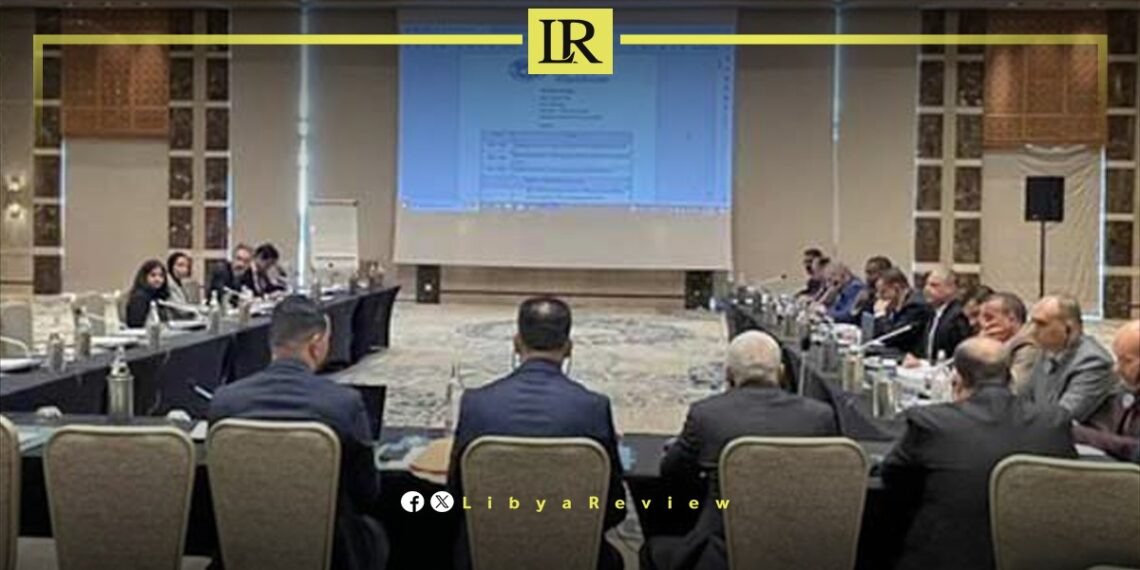On Wednesday, the Central Bank of Libya (CBL) launched its annual Article IV consultations with the International Monetary Fund (IMF) in Washington, D.C., focusing on evaluating and improving Libya’s economic and financial conditions for 2024.
Announced via its official Facebook page, the Central Bank stated that the ten-day discussions will thoroughly review Libya’s economic and financial state, as well as assess the effectiveness of policies implemented in 2023. This process is essential for ensuring Libya’s economic strategies align with both national priorities and international fiscal standards.
Participating in these critical talks are specialized technical teams from various Libyan governmental bodies, including the ministries of Finance, Economy and Trade, Planning, and Labor and Rehabilitation. The sessions also incorporate representatives from the Audit Bureau and the National Oil Corporation, underscoring the broad scope of Libyan stakeholders involved in this assessment.
Article IV consultations, mandated annually by the IMF for all member countries, are designed to scrutinize national economic developments and propose necessary policy adjustments. These consultations are of particular significance to Libya as it continues to rebuild its economy amidst ongoing political challenges that have disrupted its financial systems and governance.
This year’s consultations are building on the momentum of previous successful discussions, including preparatory meetings held by the CBL Governor Al Siddik Al Kabir and his team with IMF representatives in mid-April during the IMF and World Bank annual meetings.
As Libya seeks stability after years of conflict, these IMF engagements are critical to the nation’s recovery and economic restructuring efforts. Stakeholders within Libya and the international community keenly anticipate the outcomes of these consultations, which will provide vital insights into Libya’s economic direction and its capacity to implement comprehensive reforms necessary for sustained growth and stability.


